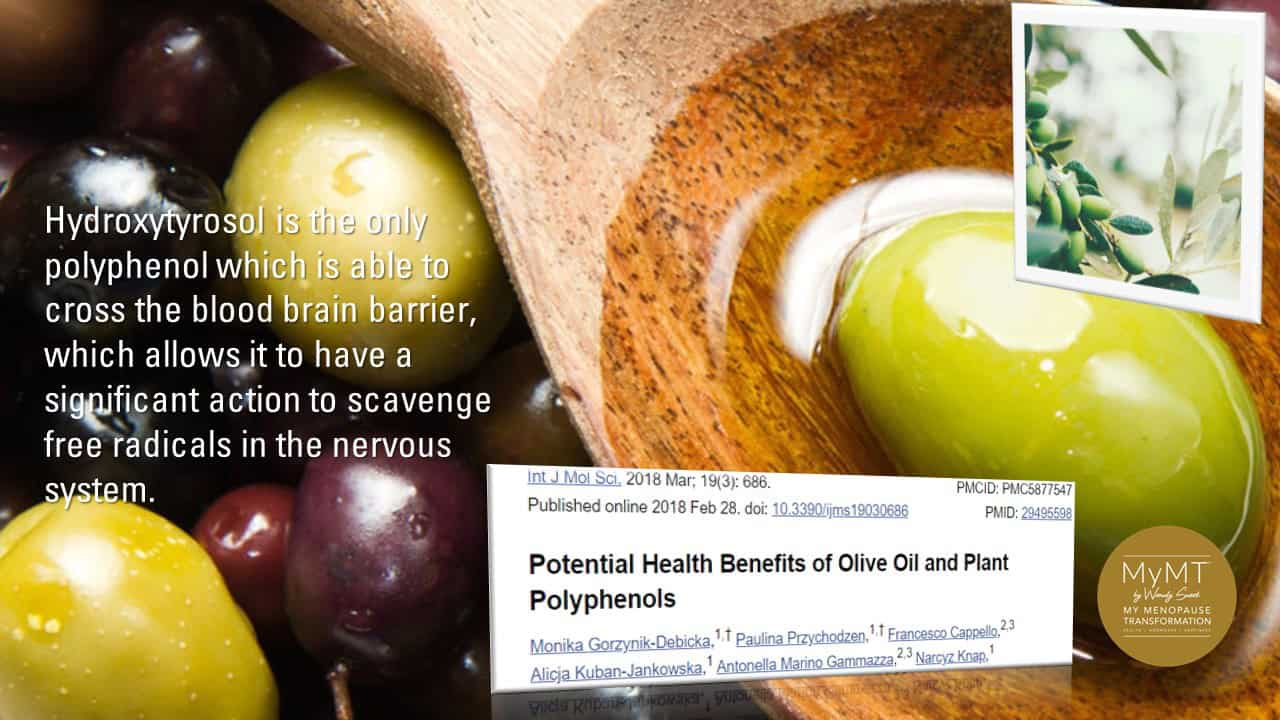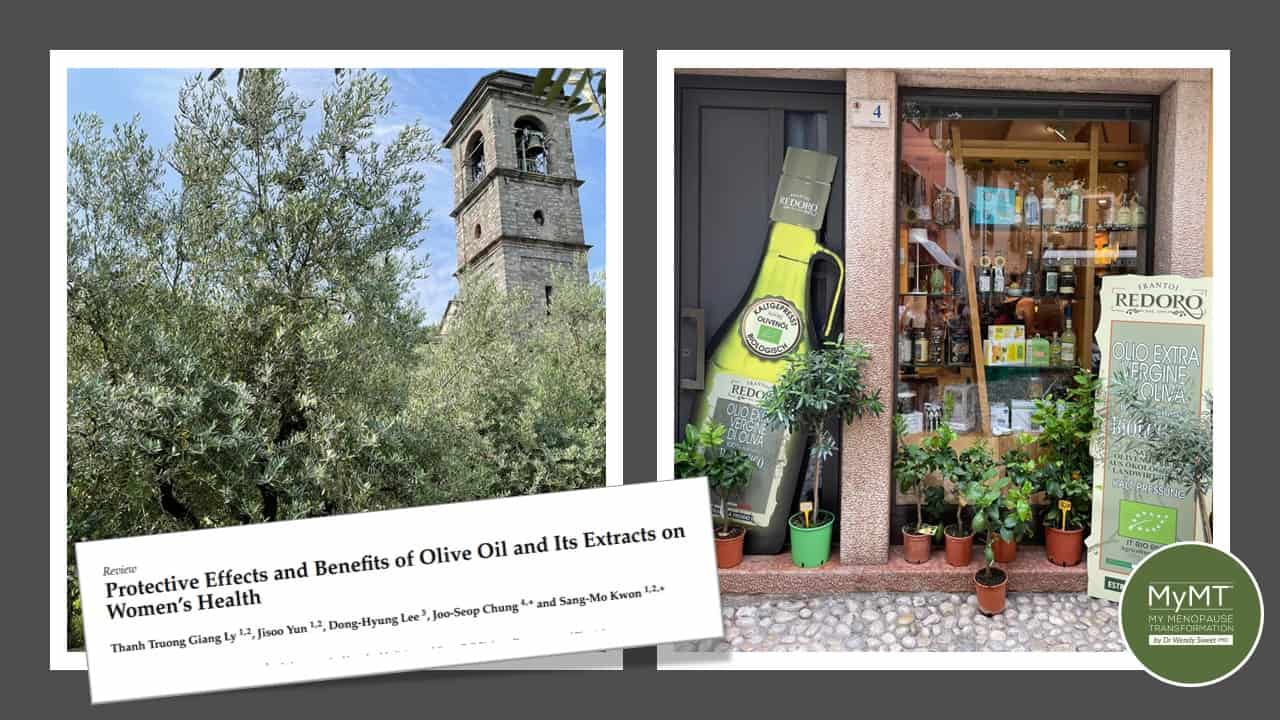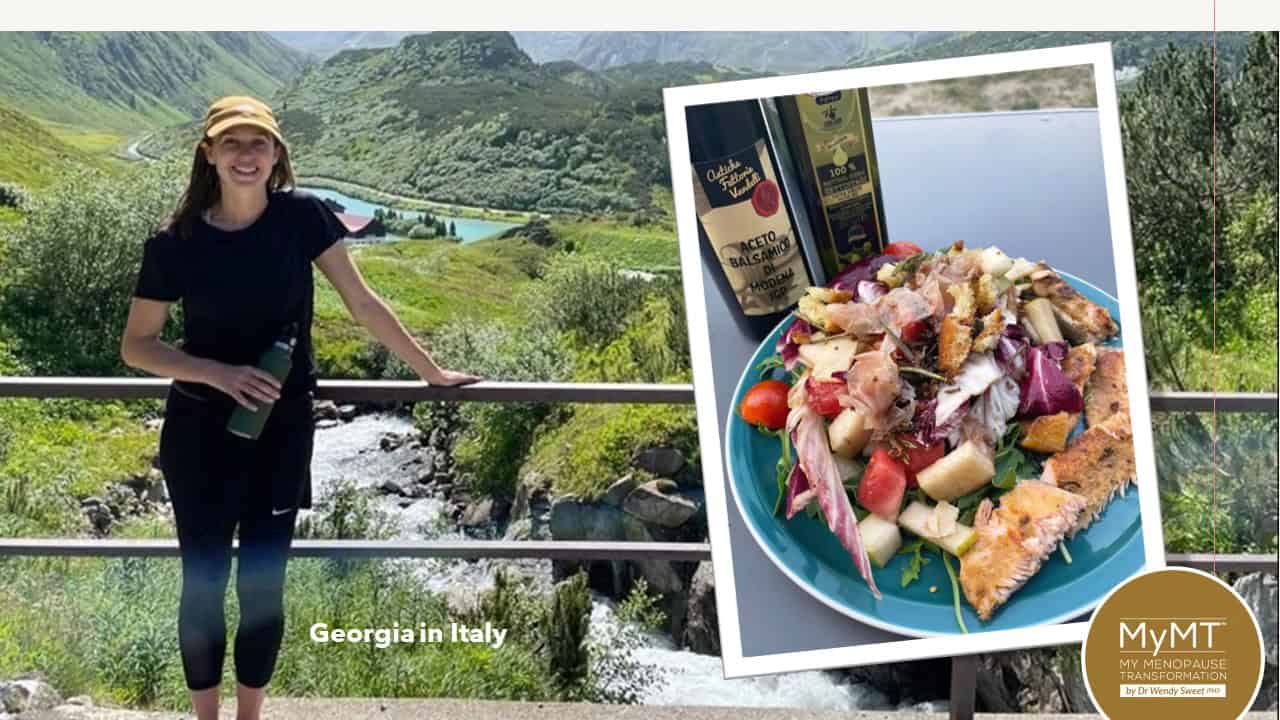There’s probably not a woman around, who doesn’t know what ‘PMS’ means. However, it may not be so well understood because there are numerous symptoms that may occur, including anxiety, breast tenderness, food cravings (particularly sugary sweet foods or fatty foods), painful periods and low energy. Whilst discomfort usually begins around 10 days before menstruation, there is often relief when menstruation begins.
A variety of factors are usually involved, including changing oestrogen and progesterone hormones, blood sugar regulation and the impact of changing hormones on insulin and changes to our brain hormone serotonin, which occurs with changing hormone levels too – just as happens in peri-menopause.
One of the most important changes in western society has been to bring attention to the hormonal health of young women. Yes, the menopause transition has been a bit left-out as most of us know, but this seems to be changing now with emphasis in some countries, on menopause awareness in workplaces and of course, in the media.
But it hasn’t always been this way. When I undertook my doctoral studies I read a number of articles about elderly women’s subjective experiences of menopause in contrast to their daughters who were going through menopause.
It’s no surprise that daughters going through menopause differed from their mothers in how the talked about menopause, and how willingly they accepted or fought the changes associated with menopause. (Utz, 2011). We all know how much the younger generations have changed in how they have greater awareness of health, body and hormones than perhaps we ever did.
Major social institutions, including the media and pharmaceutical industry, have played a significant role in reshaping the cultural lens through which women experience their health and body changes, mentions Utz (2011) in her article, but perhaps less attention is given to how we work in with these menstrual and health changes in terms of specific nutrients that are needed.
So, if you or your daughter or other young women you know, get PMS and all sorts of symptoms, then to dampen down the clamouring for sugar, it’s important to eat complex carbohydrates (green vegies high in folate), as well as some lean protein to help balance blood sugar responses. It’s also important to have foods that are rich in omega 3 fats. This is where both extra virgin olive oil and salmon (or fish) come into play.
All fish, including salmon, provide Omega 3 fats. These fats are known to help prevent heart disease as well as prevent blood clotting. Fish and salmon also provide calcium, needed to help reduce menstrual cramps as well as to help our muscle contractions when women are busy and on the move. Calcium plays a major role in the nerve-muscle contraction.
Extra-virgin olive oil is also high in Omega 3 fats which helps your heart health. With known reduced incidence of hypertension (high blood pressure) in populations who consume the Mediterranean diet, extra virgin olive oil and it’s components help to reduce inflammation in our blood vessels.
The healthy plant fats in extra virgin olive oil are also a great source of energy for menstruating women (and girls). With such a turn to different oils over the past two decades, including coconut oils, the health benefits of extra virgin olive oil get forgotten about. So, we wanted to remind you!
With Georgia on the move in Italy, the home of Extra Virgin Olive Oil, she put together this simple salad for menstruating mothers and their daughters or others. I hope you can source the ingredients and enjoy this beautiful PMS-busting salad.

MyMT™ Kitchen: Italian Salmon Salad: A delicious Mediterranean dish for daughters and peri-menopausal mothers!
This is super easy and all you do is to get the following ingredients and a large bowl and toss them in. Both the leftover sourdough bread and the salmon are lightly fried in Extra Virgin Olive Oil – and yes, according to Australia’s Olive Wellness Research Institute, it’s OK to cook with olive oil.
- Rocket
- Radicchio
- Watermelon
- Pear
- Parmesan
- Stale sourdough bread broken up and fried in olive oil with rosemary, garlic
- Salmon – dusted with paprika and fried in a pan with olive oil.
- Dressing: Olive Oil mixed with Balsamic Vinegar
- Cherry Tomatoes added on serving.
Thanks to Georgia for this nutritious and delicious recipe this week all the way from her travels in Italy. She sent me these photos of the beautiful olive grove near a monastery at Lake Como. It reminded her to make this beautiful salad with salmon and extra virgin olive oil, the stars of the show.

Reference:
Utz, R. (2011). Like mother, (not) like daughter: The social construction of menopause and aging. Journal of Aging Studies, 25,(2), 143-154.
ISSN 0890-4065,

